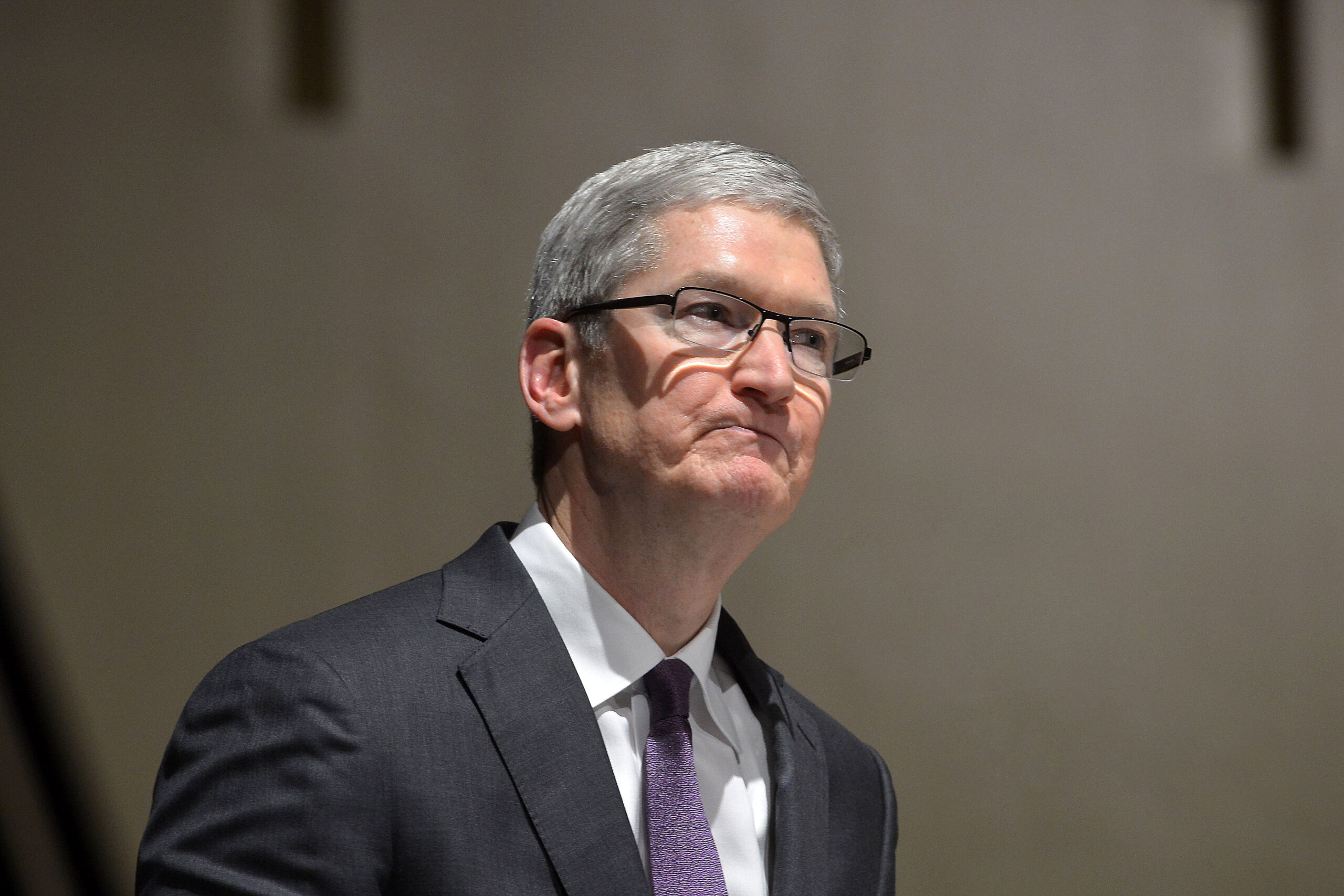Apple is just the latest victim of the China-US technology war. Economist Report

Not just Apple: here are the winners and losers (so far) of the technological war between the United States and China. The Economist's in-depth analysis
Few events in the tech calendar create as much of a stir as the release of the latest iPhone. On September 12, Tim Cook, the head of Apple, presented what he called “truly incredible” new devices. However, it was an earlier, quieter launch of a rival gadget that left the tech world speechless. At the end of August, without any warning, Huawei presented the Mate 60 Pro. It was the first smartphone entirely produced in China capable of connecting to 5G networks and was an immediate success. The processors inside were made by Smic, the Chinese chip manufacturing champion. It is precisely this type of technology that America has tried to prevent Huawei and other Chinese companies from getting their hands on – writes The Economist .
If being beaten by a Chinese rival wasn't enough to sour Apple's mood, a few days later news broke that some Chinese government departments and state-owned companies might ban iPhones. The American giant's share price fell by 6%, wiping around $200 billion from its market value.
THE IMPACT ON APPLE
The direct impact of a ban on Apple would be minimal. According to investment bank Jefferies, a tiny fraction of China's approximately 7 million civil servants can afford an iPhone. However, the rumors – and they still are – signal that not even Apple, whose relations with China have long been very close, is invulnerable to geopolitics. Furthermore, China's targeting of America's most valuable company, coupled with Smic's newfound chip-making prowess, could lead Washington hawks to tighten anti-China controls. The Chinese might respond, and so on down the escalation ladder. No wonder investors are scared.
So far the "back and forth" has mainly affected semiconductor companies. Last year, America restricted exports of advanced chips and the tools to make them to China. Nvidia, a company specializing in artificial intelligence (AI) processors whose market value has exceeded $1 trillion this year, said the trade controls will reduce its quarterly revenue by 6%. Tightening controls could hurt sales of artificial intelligence chips. Between 20% and 25% of these are destined for China. In August Nvidia said the US government was controlling exports of its advanced chips to the Middle East, perhaps to prevent Chinese companies from buying them there.
THE IMPACT ON MICRON, QUALCOMM AND MORE
Chipmakers have also faced Chinese retaliation. In May, China excluded memory chips made by Micron from some infrastructure projects. The Idaho company said this could reduce annual revenue by more than 10%. News of Apple's ban sent stock prices of the iPhone maker's American chip suppliers, such as Cirrus, Qualcomm and Skyworks, tumbling. Chinese regulators have also dragged out the approval of large American acquisitions, points out Stacy Rasgon of Bernstein, a brokerage. As a result, in early August Intel, another chipmaker, gave up its attempt to buy Tower Semiconductor, an Israeli company, for $5.4 billion.
The situation for American makers of chipmaking tools is more mixed: Lam Research and Applied Materials, two such companies, warned last year of a $2 billion reduction in sales in 2023, or about 10% of the turnover. But some of this could be offset by increased sales of equipment used to produce less advanced semiconductors. American companies can continue to sell them to China, which will hoard them while it can. According to analyst firm New Street Research, Chinese purchases of such instruments increased about fourfold between 2019 and 2023.
Further escalation could harm American tech giants, and not just Apple. According to the Wall Street Journal, President Joe Biden's administration is considering limiting China's access to American cloud computing. This would bring Alphabet, Amazon and Microsoft into the line of fire.
HUAWEI, SMIC AND CHINESE COMPANIES ARE IN DIFFICULTY
In American eyes, the biggest losers had to be Huawei, Smic and the other Chinese tech titans. They certainly suffered. But today they are taking advantage of the techno-nationalism that is a byproduct of geopolitical struggles. Huawei's share of domestic smartphone sales grew from 7% to 13% in the year to the second quarter of 2023, according to research firm IDC. The new 5G device, which sold out in two days, could further increase the share, as could the iPhone ban. Huawei also benefits from Smic's efforts to innovate under American controls. In fact, in the week following the launch of the Mate 60 Pro, the chipmaker's share price jumped by 10%. Not quite what the anti-China hawks in Washington had in mind.
(Extract from the eprcommunication press review)
This is a machine translation from Italian language of a post published on Start Magazine at the URL https://www.startmag.it/innovazione/apple-guerra-tecnologica-usa-cina/ on Sun, 24 Sep 2023 05:25:02 +0000.
